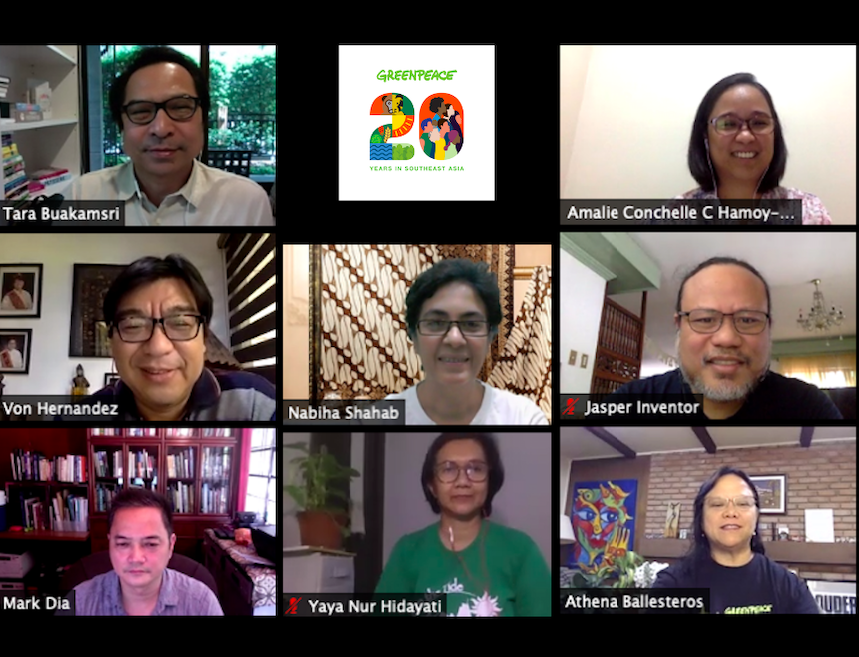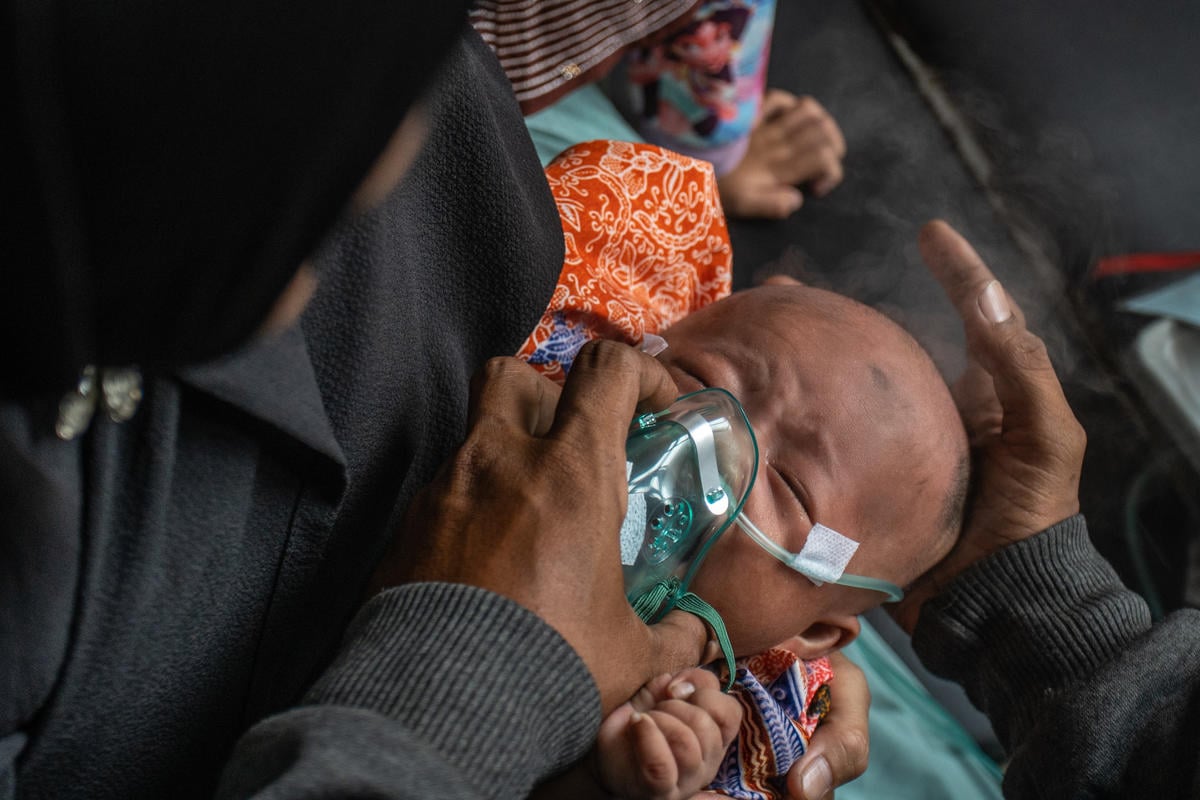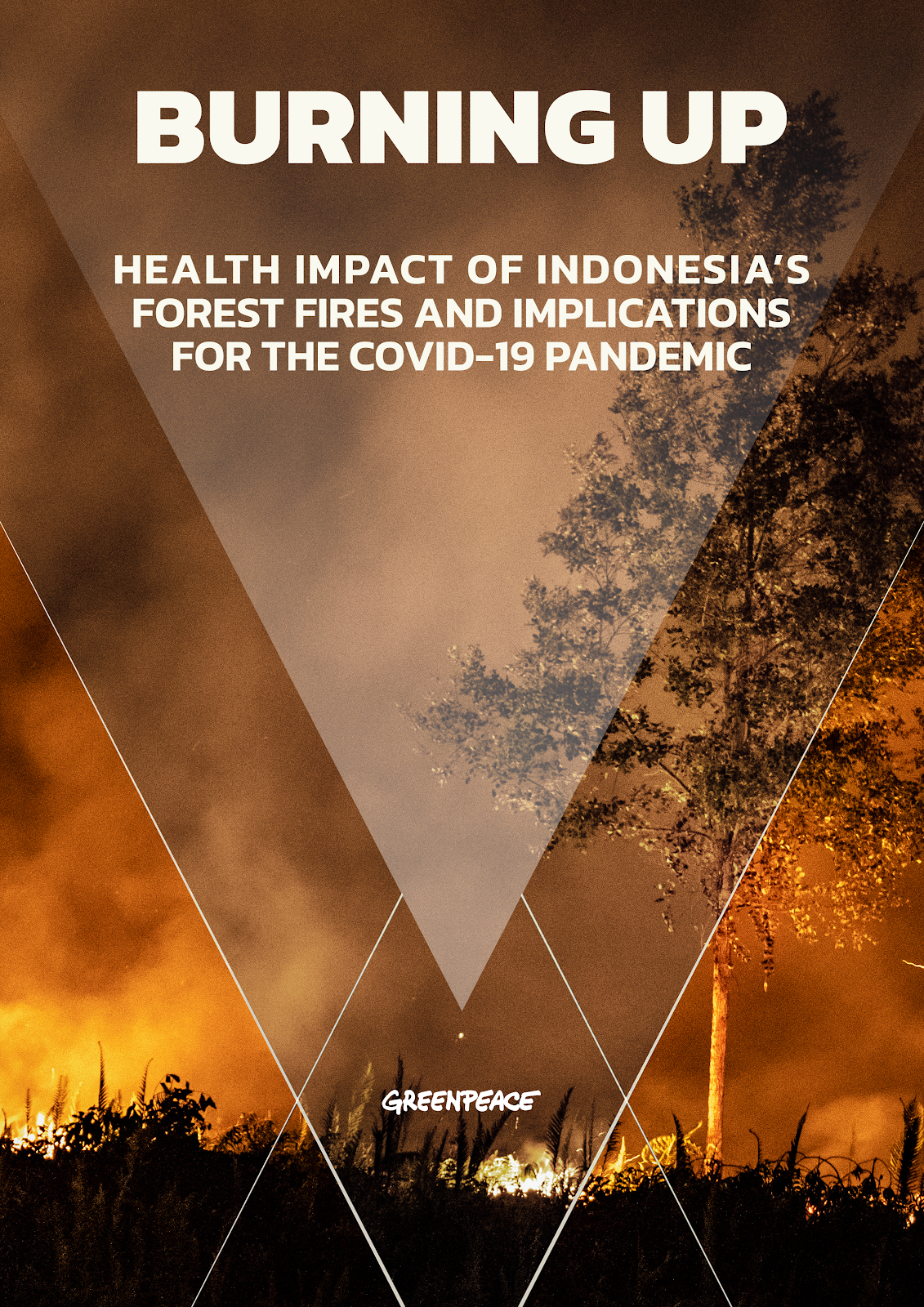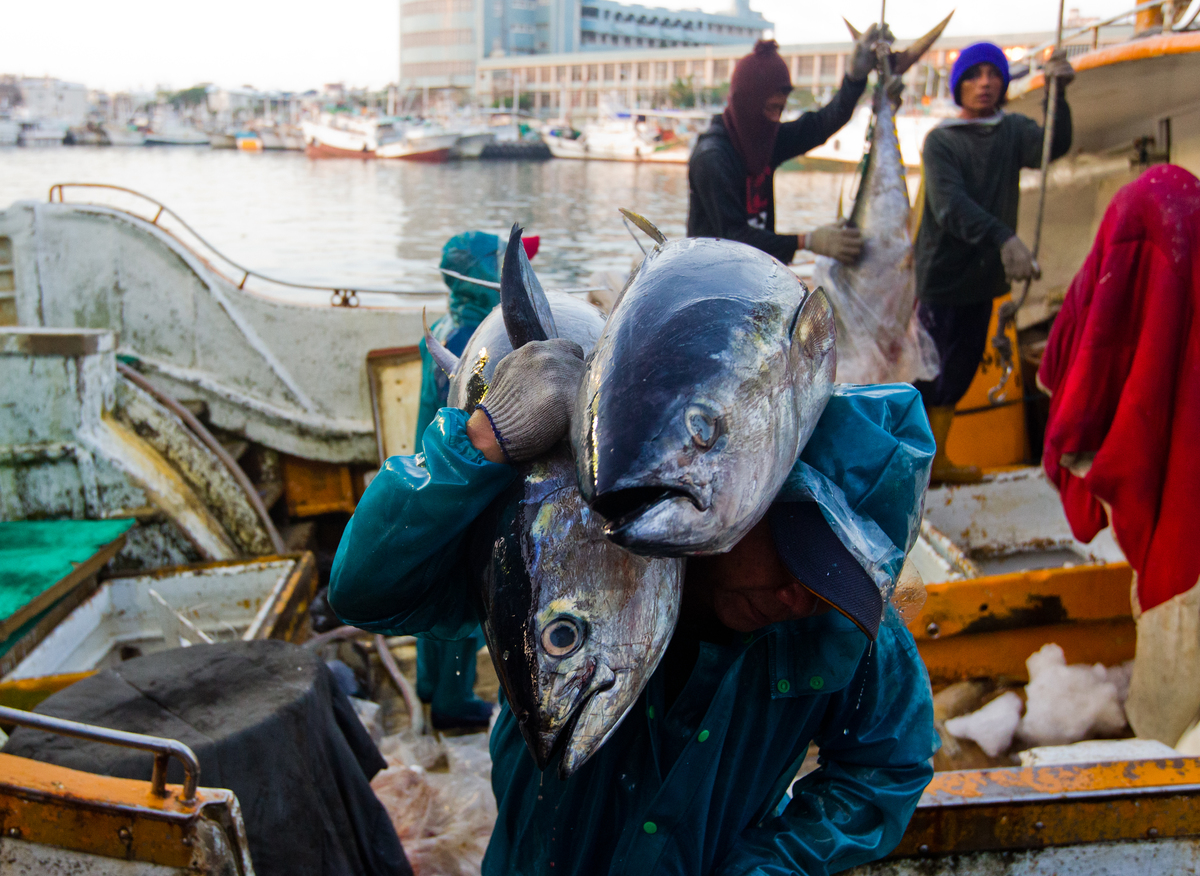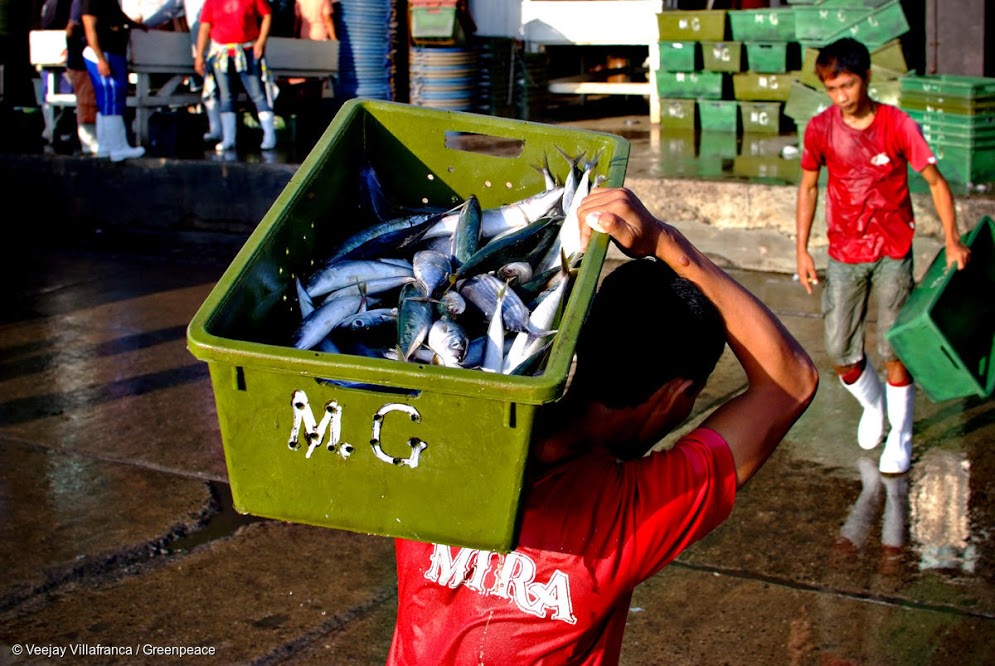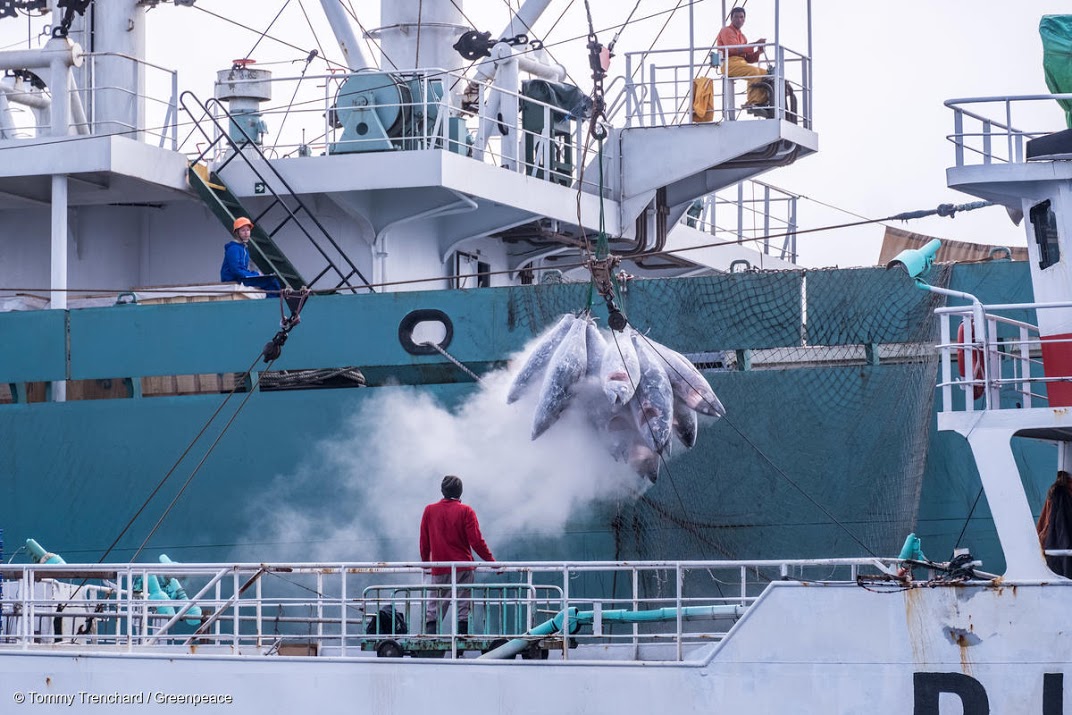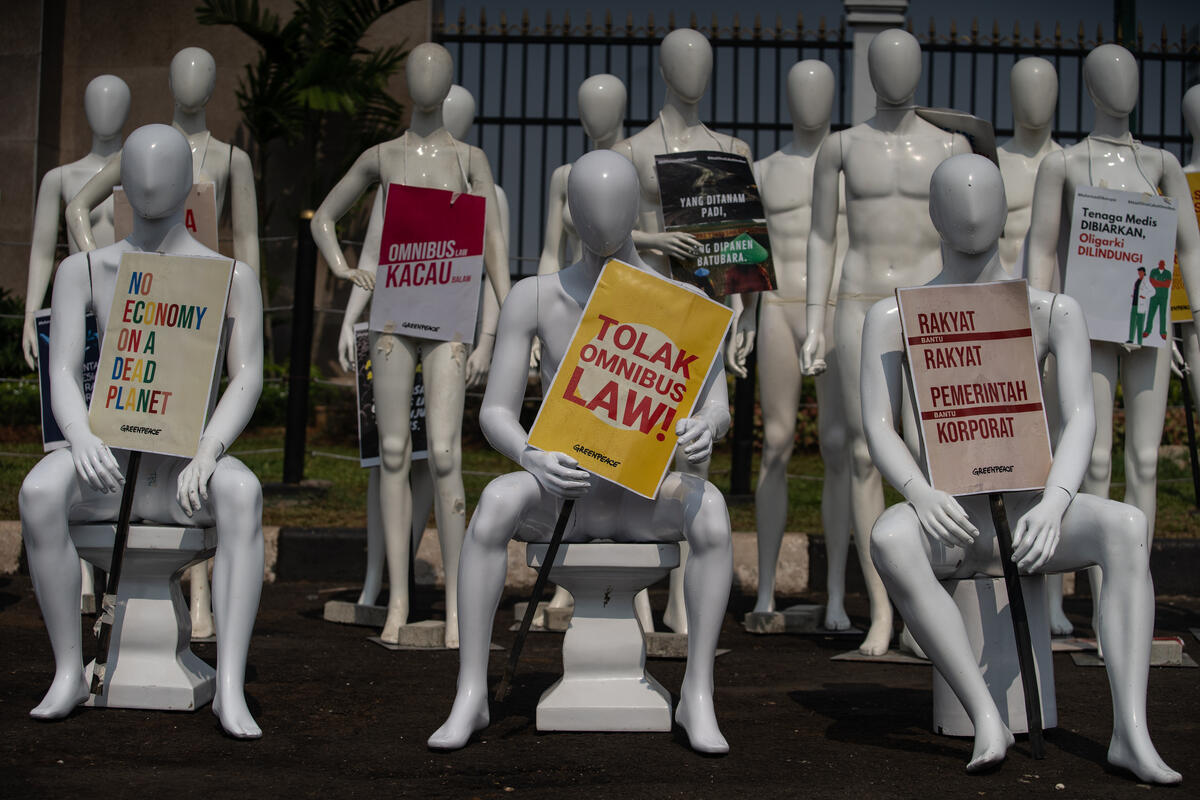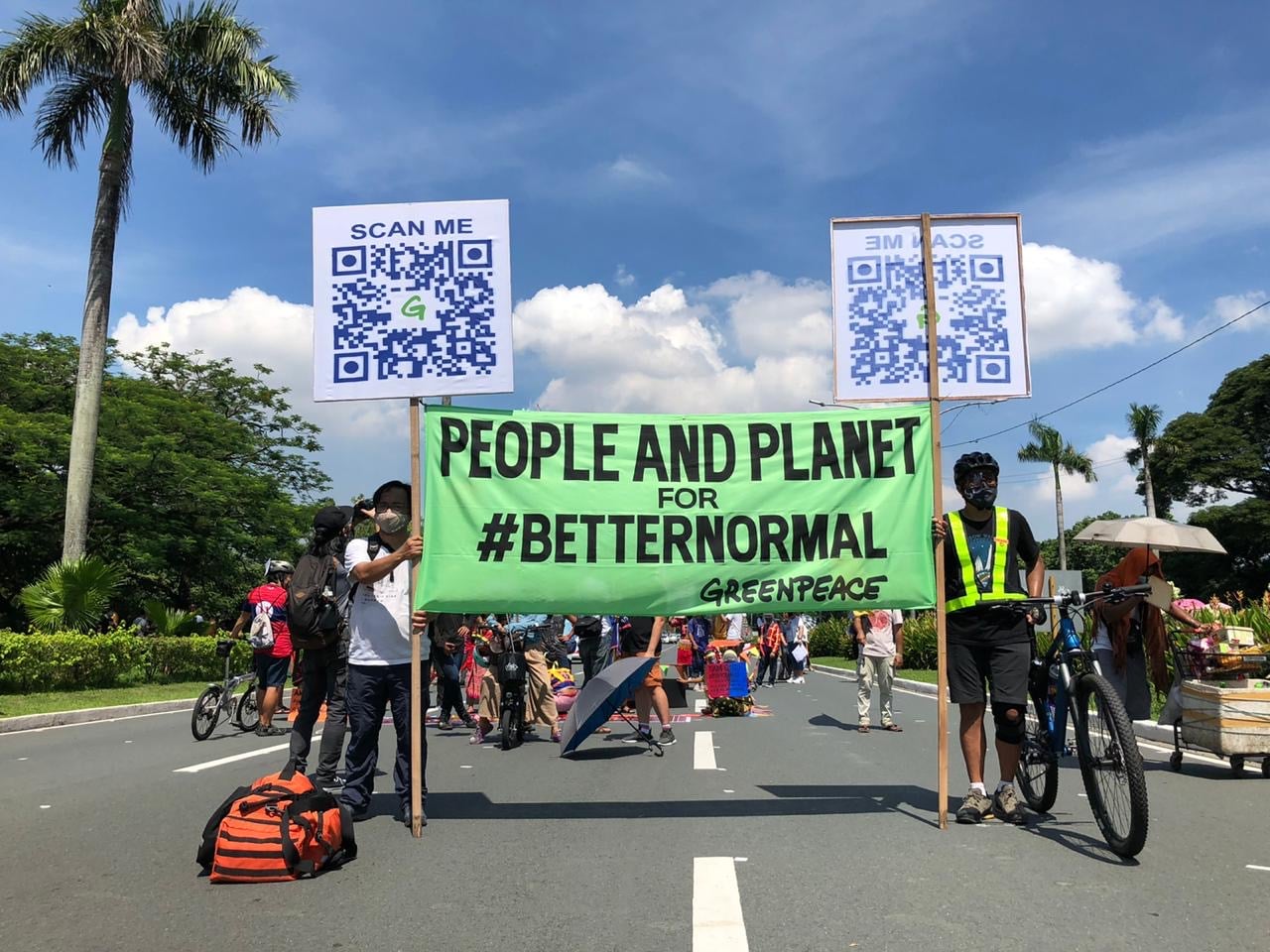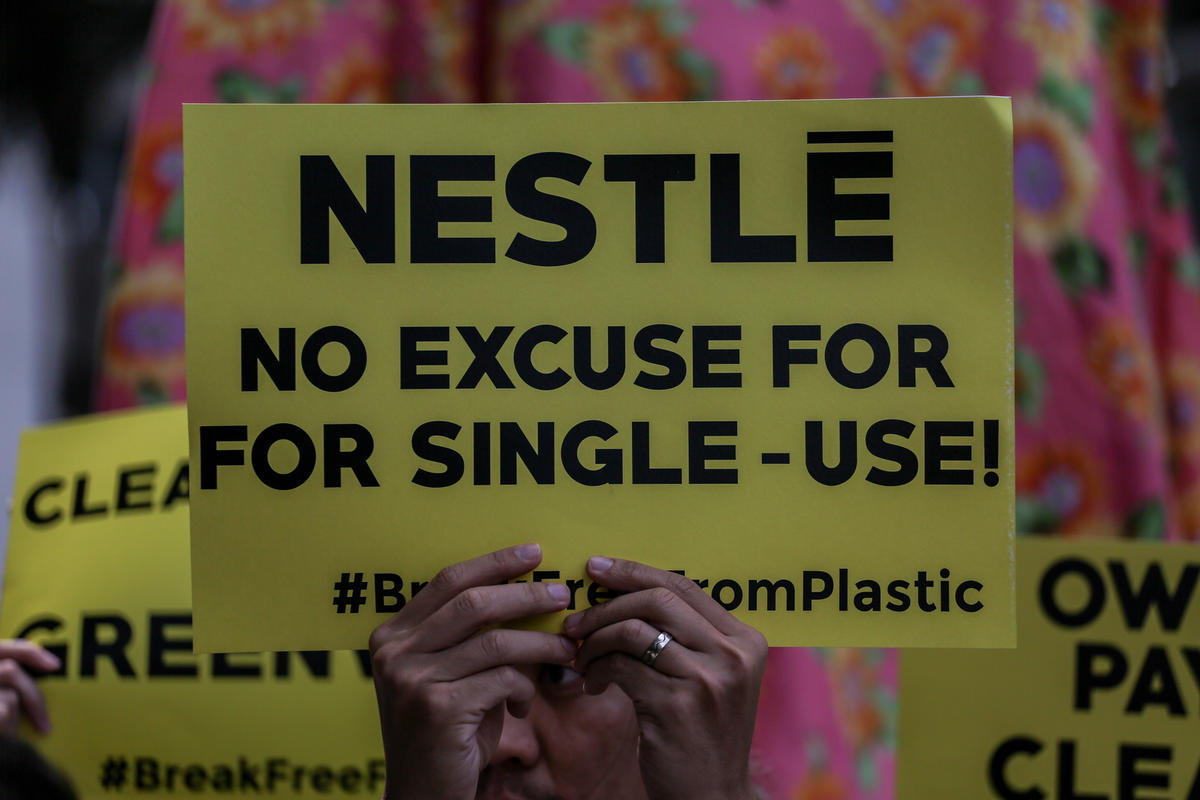-
A Reunion for the Ages
Fascinating, moving, and inspiring; this is the story of eight ordinary human beings who went beyond their limits to make a change for the better.
-
Forest Fires Haze: New Greenpeace report reveals alarming health impacts and links to severity of COVID-19
Governments in Southeast Asia have massively downplayed the health impacts of Indonesia’s forest and peatland fires according to a new report released today by Greenpeace Southeast Asia.
-
Burning Up: Health Impact of Indonesia’s Forest Fires and Implications for the Covid-19 Pandemic
As Indonesia braces for the 2020 forest fire season, a timely review of data of the effect on smoke-affected communities shows consecutive governments have been consistently and massively underestimating the impact on human health.
-
Greenpeace Southeast Asia on the latest case of Indonesian migrant fishers onboard Chinese fishing vessel Liao Yuan Yu 103, requesting immediate rescue by Indonesian authorities
In the past six years, Greenpeace Indonesia and Indonesian Migrant Workers Union (SBMI) have received 338 labor abuse complaints of Indonesian migrant fishers onboard foreign fishing vessels. It is important to note that this kind of case is recurring because of the lack of proactive and effective actions taken by Indonesian government in the last…
-
Better Normal in the Seafood Industry
Modern slavery and human rights abuses at sea are real and happening today, and the tuna industry is at the centre of this global scandal.
-
Sustainability and Justice on the High Seas: 2020 edition Southeast Asia Canned Tuna Ranking
In the fourth edition of Greenpeace Southeast Asia’s Tuna Cannery Ranking, we evaluated nine canned tuna brands in Thailand, five tuna canneries in Indonesia, and six tuna canneries in the Philippines
-
Greenpeace demands sustainability and due diligence on human rights for tuna industries in Southeast Asia
Lack of support and accountability for migrant fishing crew remain a failing issue, with only 20 percent of major southeast Asian tuna brands providing measures to reduce, or eliminate modern slavery at sea, according to the latest cannery ranking report by Greenpeace Southeast Asia.
-
Warning: Omnibus Law is Threatening Indonesia’s Sustainable Investment
Indonesia’s civil society groups sent Investment Warning statements to the international financial institutions and several investor and cooperation countries.
-
Greenpeace Philippines on President Duterte’s State of the Nation Address: ‘No mention of coherent policy agenda for recovery and beyond’
The government needs to realize that protecting the environment also means protecting the rights of people and communities--their right to life, health, livelihood, and the right of present and future generations to a healthy environment and a stable climate.
-
Greenpeace statement on Nestle Malaysia’s unsustainable move from plastic to paper straws
Nestle (Malaysia) Bhd announced today that it plans to adopt paper straws across its entire range of ultra-high temperature (UHT) by year end. Although Nestle claims this move will help in tackling the plastic pollution crisis, it is a misguided one, that aims at switching from one throwaway material to another. It also does not…

